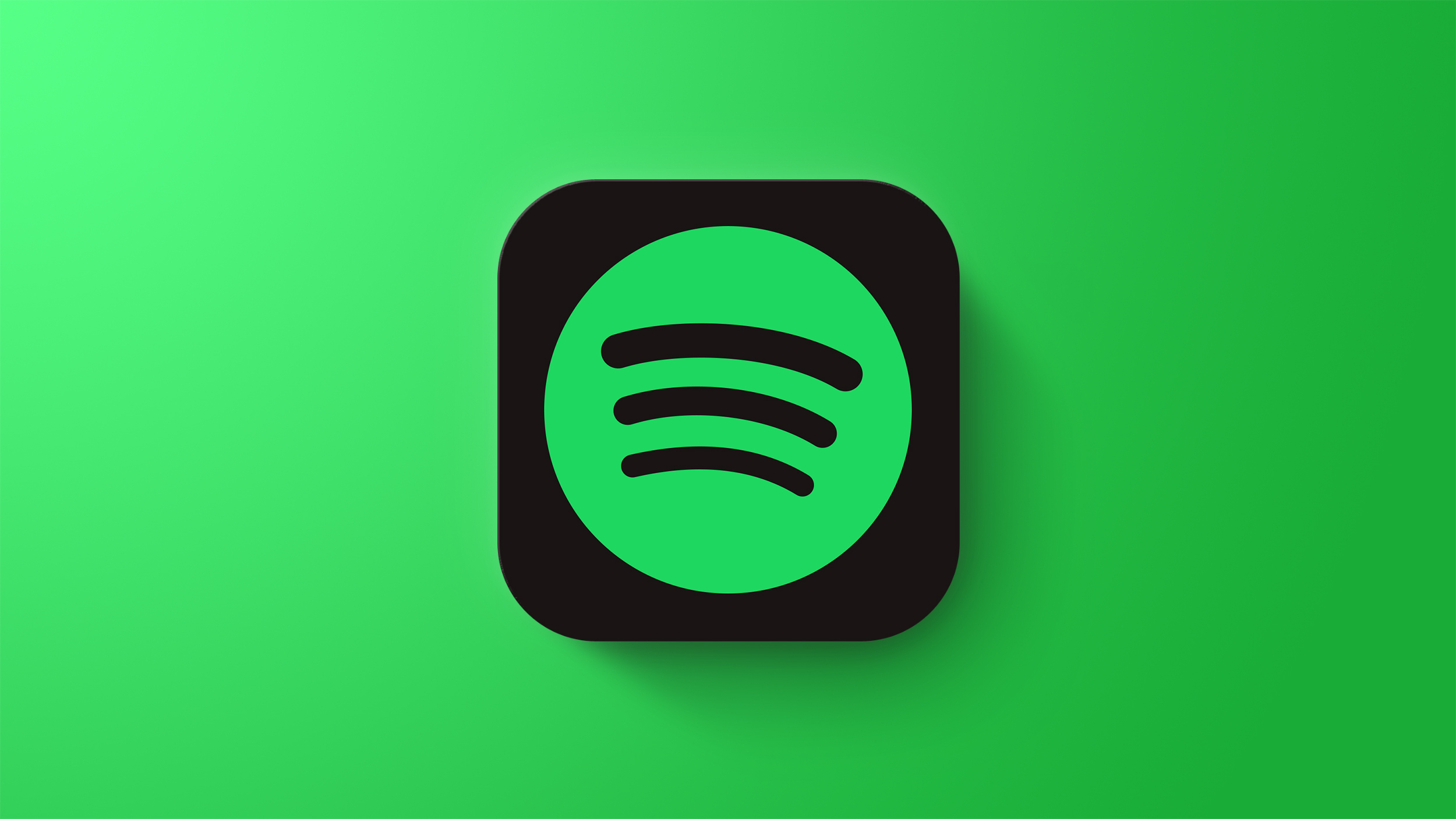Spotify says it still plans to launch a lossless music experience, although when that will be and what form it will take still appear undecided.

It's been more than two years since Spotify announced it would introduce a "HiFi" premium tier that would give users access to a catalog of CD-quality music tracks. Originally it said the tier would go live by the end of 2021, but similar moves by rival streaming services upended Spotify's lossless strategy.
Since then, Apple Music has included lossless listening options as part of its standard subscription price, and Amazon has stopped charging extra for its lossless music library. That's made the idea of Spotify asking users to pay more for a like-for-like service sound a lot less reasonable.
"We announced it, but then the industry changed for a bunch of reasons," Spotify co-president Gustav Söderström said on Tuesday in an interview with The Verge. "We are going to do it, but we're going to do it in a way where it makes sense for us and for our listeners. The industry changed and we had to adapt."
"We want to do it in a way where it works for us from a cost perspective as well," Söderström continued. "I'm not allowed to comment on our label agreements, nor on what other players in the industry did, for obvious reasons," he added.
According to The Verge, Spotify HiFi has been ready to launch for more than a year, and Spotify employees have access to HiFi, but it was originally intended to cost more than the standard plan. Given Apple and Amazon's moves, Spotify's lossless is now expected to appear as part of a more extensive plan that includes access to spatial audio tracks and other perks to do with audiobooks and podcasts.
When the plan will arrive, however, is still unknown, with Söderström only able to confirm to The Verge that HiFi "is coming at some point."
This article, "Spotify Still Intends to Launch Delayed HiFi Lossless Plan, Just Don't Ask When" first appeared on MacRumors.com
Discuss this article in our forums
Source: TechRadar

It's been more than two years since Spotify announced it would introduce a "HiFi" premium tier that would give users access to a catalog of CD-quality music tracks. Originally it said the tier would go live by the end of 2021, but similar moves by rival streaming services upended Spotify's lossless strategy.
Since then, Apple Music has included lossless listening options as part of its standard subscription price, and Amazon has stopped charging extra for its lossless music library. That's made the idea of Spotify asking users to pay more for a like-for-like service sound a lot less reasonable.
"We announced it, but then the industry changed for a bunch of reasons," Spotify co-president Gustav Söderström said on Tuesday in an interview with The Verge. "We are going to do it, but we're going to do it in a way where it makes sense for us and for our listeners. The industry changed and we had to adapt."
"We want to do it in a way where it works for us from a cost perspective as well," Söderström continued. "I'm not allowed to comment on our label agreements, nor on what other players in the industry did, for obvious reasons," he added.
According to The Verge, Spotify HiFi has been ready to launch for more than a year, and Spotify employees have access to HiFi, but it was originally intended to cost more than the standard plan. Given Apple and Amazon's moves, Spotify's lossless is now expected to appear as part of a more extensive plan that includes access to spatial audio tracks and other perks to do with audiobooks and podcasts.
When the plan will arrive, however, is still unknown, with Söderström only able to confirm to The Verge that HiFi "is coming at some point."
Tag: Spotify
This article, "Spotify Still Intends to Launch Delayed HiFi Lossless Plan, Just Don't Ask When" first appeared on MacRumors.com
Discuss this article in our forums
Source: TechRadar